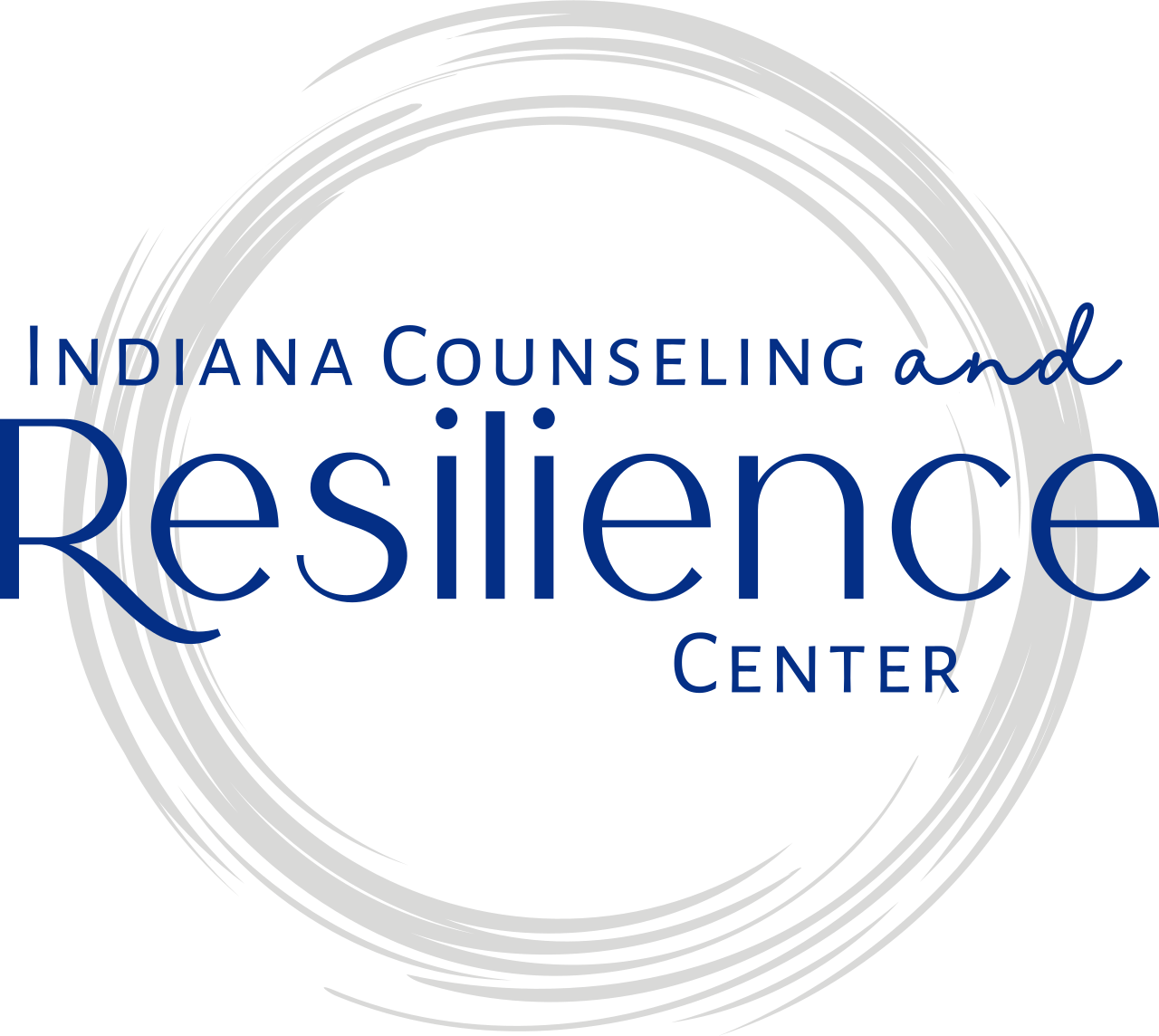Understanding Panic Attacks: Causes, Symptoms, and Coping Techniques
The term ‘panic attack’ is thrown around pretty often these days. So how do you know if you are truly having one, why it even matters, and what to do about having one? According to the Diagnostic and Statistical Manual Version 5 (DSM-V), a panic attack is an abrupt surge of intense fear or intense discomfort that reaches a peak within minutes.
Symptoms of a Panic Attack
Symptoms consist of 4 or more of the following: heart palpitations, sweating, shaking or trembling, shortness of breath, a choking feeling, chest pain or tightness, nausea or upset stomach, dizziness, lightheadedness or feeling faint, chills or hot flashes, numbness or tingling, derealization or depersonalization (feeling like you are not connected to the present moment or in a dream-like state), fear of losing control or like you are going crazy, and a fear of dying. Panic attacks may often accompany other mental health disorders. Such as generalized anxiety disorder, phobias, obsessive-compulsive disorder, and posttraumatic stress disorder, or become a disorder in and of themselves – panic disorder.
What is Considered a Panic Attack?
Panic disorder occurs when someone has recurrent, unexpected panic attacks (at least 2 or more), corresponding worry of having another panic attack and/or the consequences of having one for a least one month, negative consequences as a result of the panic attacks or fear of having them, and is not better explained by another mental health or physical health condition. Essentially, panic disorder is a ‘fear of fear cycle’.
You have a panic attack or two and then begin to fear having more. Which can leave you misinterpreting physical, cognitive, or emotional symptoms/cues as the start of a panic attack. Thus, leading you to avoid things and make behavioral changes, limiting your life, and your peace of mind. Those with this disorder are often on high alert for signs of having a panic attack or experiencing anxiety.
Causes Of Panic Attacks
There are no clear causes of panic disorder. However, some have noted a potential biological component, prolonged periods of stress, experience of trauma, and an imbalance of neurotransmitters in the brain. Triggers for panic attacks are also typically related to prolonged or acute, intense stress, trauma, substance use (including caffeine), sensitivity to body sensations of worry and anxiety, phobias, social situations, or situations that may appear life-threatening.
Coping with Panic Attacks
Like many other problems we face, the first step to coping with panic attacks is to be aware of what they are and when you might be experiencing one. This is tricky with panic attacks, and especially panic disorder because being overly aware of potential symptoms can reinforce the fear of having a panic attack.
So how can we get through a panic attack? Mindfulness is one effective way of coping with panic. Mindfulness techniques serve to help you disconnect from your feelings and/or bring awareness to the present moment. Grounding techniques are one type of mindfulness that are particularly helpful for calming panic. This technique helps you become aware of your surroundings. It redirects your mind away from how you’re feeling and assists your body in calming the flight or fight response.
Mental Techniques
Mental Techniques – Focusing the mind or attending to detailed aspects of the environment, for example, describing the room, naming items by category (such as types of cars, dogs, songs, or sports), explaining an activity in great detail, or imagining a pleasant memory or place.
Physical Techniques
Physical techniques – Focusing the senses by stimulating or experiencing them directly. Examples include holding an ice cube until it melts and running cold water over your hands. Or eating something very sour while focusing your mind on the sensations being experienced.
Soothing Techniques
Soothing techniques – Checking our self-talk and ensuring we are talking to ourselves with compassion. This can be done by repeating phrases to ourselves. Such as, “I can do this” or “These feelings will pass,” and refraining from labeling and judging our feelings.
Panic attacks can be very challenging to get through and scary to even think about experiencing, alone. Outside support from a mental health therapist can help you to identify underlying triggers. Or conditions and effective coping skills tailored to you so you can live your best life.
Ready to Start Managing Your Panic Attacks With Anxiety Therapy in Indianapolis, IN?
Don't let panic attacks hold you back any longer. Take control of your mental well-being and find relief through therapy at Indiana Counseling and Resilience Center. Discover the tools and strategies that will empower you to overcome panic attacks and embrace a life filled with peace and resilience with a skilled anxiety therapist. Follow these three simple steps to get started:
Contact us to schedule an appointment and learn more about therapy for panic attacks
Begin meeting with one of our skilled anxiety therapists for support
Start healing from your panic attacks!
Other Services Offered at Indiana Counseling & Resilience Center
At Indiana Counseling & Resilience Center, our team wants to support our clients and their mental health struggles. In addition to anxiety therapy for our clients who are struggling with panic attacks, our skilled team of therapists specializes in trauma & PTSD counseling, couples counseling, and EMDR therapy. For more about us check out our FAQs and Blog!




